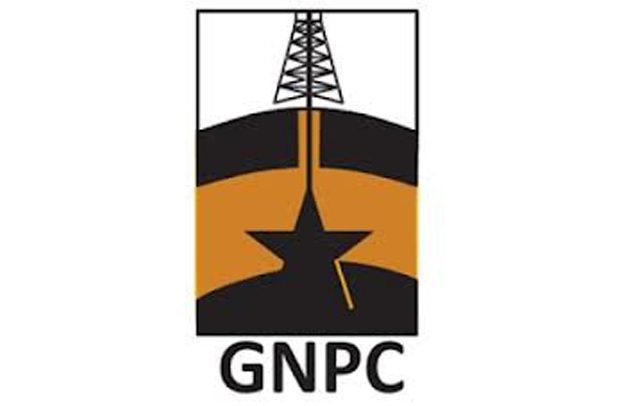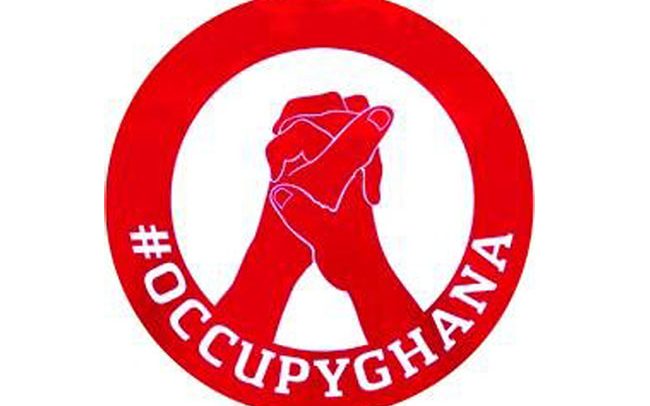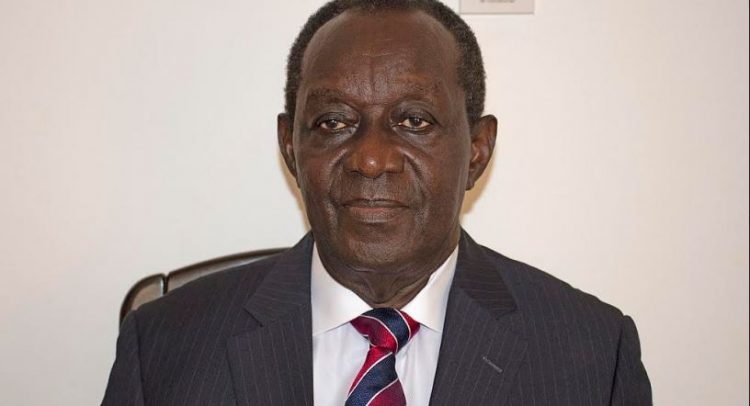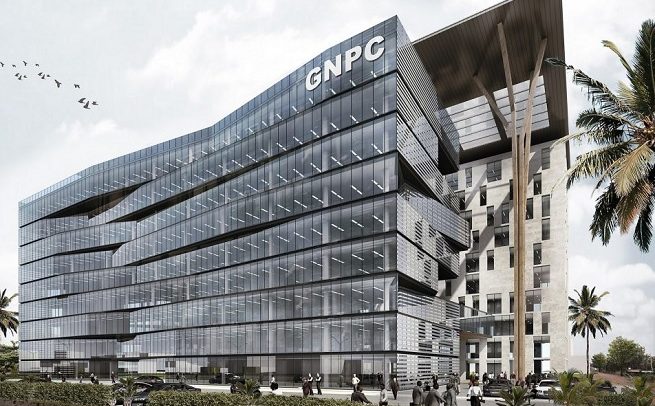
A constitutional interpretation battle has broken out between the Ghana National Petroleum Corporation (GNPC) and the Auditor General’s Department over procurement issues and source methods used for international business transactions at the state-owned corporations.
The two government entities have locked horns over the legal framework of “government business” and the business of statutory corporations set up for commercial purposes.
The Auditor General in its 2020 report recommended sanctions for the management of the GNPC for breaching Section 92 of the Public Procurement Act, 2003 (Act 663) as amended.
According to the findings of the Auditor General, the management of GNPC, in contrast of Article 181(5) of the 1992 Constitution, signed and awarded five international business contracts totaling $34,165,235.15 and £464,963.13 to five foreign suppliers or contractors using single-source method in four of those transactions.
The report said in one instance GNPC used the restricted tendering method without seeking for the necessary parliamentary approvals, intimating “we recommended that Management of GNPC should be sanctioned in accordance with Section 92 of the Public Procurement Act, 2003 (Act 663) as amended for breaching the Public Procurement Law.”
The report, which covers the accounts of public boards, corporations and other statutory institutions for the year ended December 31, 2020, noted that the GNPC used the request for quotation (RFQ) method in procurements of goods with contract values that exceeded the threshold for RFQ.
“We urged Management to always observe the tenets of the Public Procurement Law. Meanwhile the officials who sanctioned the transactions (the Chief Executive, Head of Finance and the Head of Procurement) should be sanctioned in accordance with Section 92 of Act 663 as amended,” the report indicated.
According to the Auditor General, the GNPC in May, 2015 procured desktop computers, laptop computers, geo-workstations, UPS, and monitors for workstations from Perfect Business Systems through single source arrangement without obtaining the requisite approvals from the Board of the Public Procurement Authority and that of the Ministerial Tender Review Board (MTRB).
“We recommended for the appropriate sanctions in accordance with Section 92 of the Public Procurement Act, 2003 (Act 663) as amended to be meted to the Management of GNPC for breach of the procurement law,” the report added.
According to the report, the auditors’ request to review some procurement related records and documents were not met by management of GNPC.
“We advised management to retrieve the documents involved and forward them for our audit review. Failure of which, sanctions should be invoked against Management in accordance with Section 98 of the PFM Act 2016, for financial indiscipline,” it concluded.
GNPC Rebuttal
But the corporation has rebutted the claims in the report, intimating that the conclusions arrived by the Auditor General were “entirely wrong” and had “no factual or legal basis.”
In a statement signed by its Chief Executive, K.K. Sarpong, the GNPC said the Auditor General made “these flawed findings because his officers failed to apprise themselves accurately with the legal framework governing GNPC’s affairs.”
According to the GNPC, Article 181 (5) of the 1992 Constitution pertaining to parliamentary approvals for international business transactions strictly relates to government business and not generally to statutory corporations set up for commercial purposes.
“The Ghana National Petroleum Corporation Act (PNDCL 64) establishes GNPC as a distinct legal entity and, as such, it is not legally considered to be part of Government,” the statement argued.
It said the meaning of “Government” under Article 181(5) was settled in the case of Kiomega (No.2) versus the Attorney General, Ghana Ports and Harbour Authority & 2 others (2013 2014) SCGLR 581.
In that case, the Supreme Court of Ghana stated as follows: “… in our view, “Government” in the context of Article 181(5) should mean, ordinarily, the central government and not operationally autonomous agencies of government.”
“Where an agency has a separate legal personality distinct from the central government, it usually comes under sectorial ministerial supervision. The Board of the Corporation and the appropriate Ministry should then exercise oversight over its international business or economic agreements. That oversight should be exercised within the context of the procurement laws of this country. (See, p. 13),” the GNPC referred.
The statement pointed out that the Supreme Court thus interpreted Article 181(5) of the 1992 Constitution as meaning that generally, the contracts of statutory corporations were not within the ambit of the provisions.
“However, in exceptional circumstances, the contracts of Ghanaian statutory corporations could be brought within the ambit of Article 181(5) through the alter ego doctrine. (See, p. 17),” the statement indicated further.
GNPC also quoted another affirmation by the Supreme Court in 2016, which it enunciated the principles in the Klomega decision in the case of Dr. Mark Assibey Yeboah versus the Attorney General, Electricity Company of Ghana and Ghana National Petroleum Corporation [2016] DLSC3187.
“It is important to point out that the said paragraphs 683, 691 do not suggest that GNPC acted as the alter ego of the Government. Indeed, the description of the contracts captured in the Table in paragraph 686 of the Auditor General’s report shows that these contracts involve GNPC’s commercial activities and could not have been entered into as alter ego for the Central Government.”
The statement noted that the requirement to seek parliamentary approval for the five transactions referred to in the report does not apply to GNPC and therefore requested that the Auditor General corrects his findings and conclusions as soon as possible.
“We urge the Auditor General and his staff to cultivate extreme diligence in their duties to avoid embarrassing themselves and the state entities they audit,” the GNPC concluded.
By Ernest Kofi Adu
























Facebook
Twitter
Pinterest
Instagram
Google+
YouTube
LinkedIn
RSS